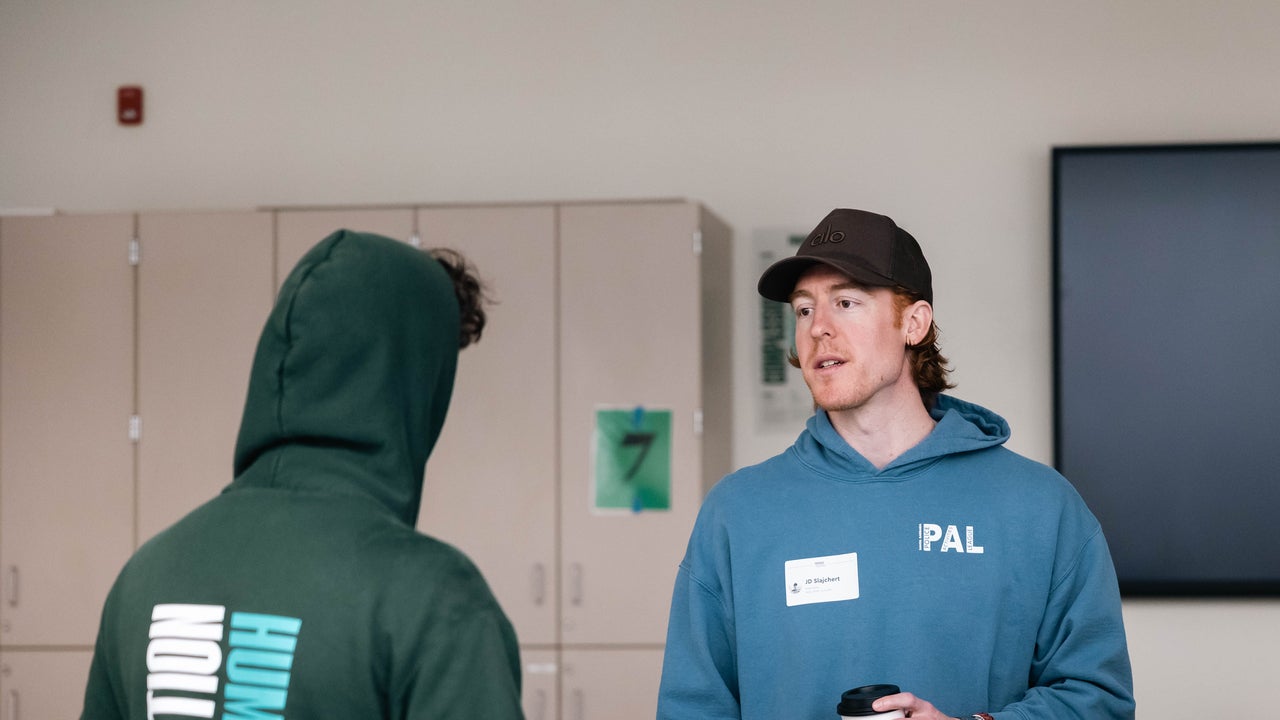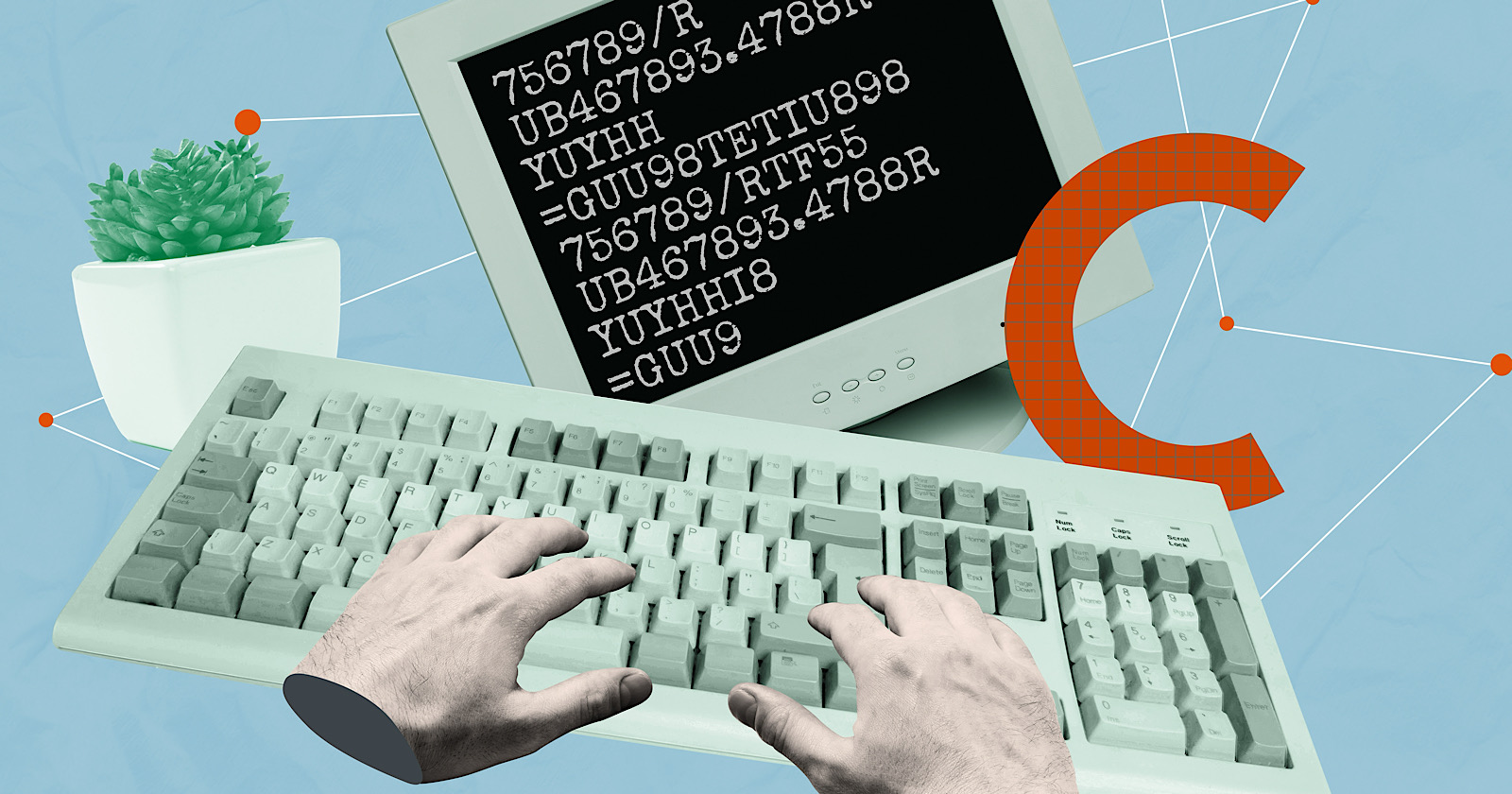OpenAI and Arianna Huffington are working together on an ‘AI health coach’
Illustration by Cath Virginia / The Verge | Photos from Getty ImagesAI leaders are increasingly optimistic about the technology’s potential in the health sector, especially when it comes to personalized bots that can comprehend and address individual health concerns....
/cdn.vox-cdn.com/uploads/chorus_asset/file/25330657/STK414_AI_CHATBOT_G.jpg)
AI leaders are increasingly optimistic about the technology’s potential in the health sector, especially when it comes to personalized bots that can comprehend and address individual health concerns.
OpenAI and Arianna Huffington are now jointly funding the development of an “AI health coach” through Thrive AI Health. In a Time magazine op-ed, OpenAI CEO Sam Altman and Huffington stated that the bot will be trained on “the best peer-reviewed science” alongside “the personal biometric, lab, and other medical data you’ve chosen to share with it.”
The company tapped DeCarlos Love, a former Google executive who previously worked on Fitbit and other wearables, to be CEO. Thrive AI Health also established research partnerships with several academic institutions and medical centers like Stanford Medicine, the Rockefeller Neuroscience Institute at West Virginia University, and the Alice L. Walton School of Medicine. (The Alice L. Walton Foundation is also a strategic investor in Thrive AI Health.)
AI-powered health coaches have become a popular fad: Fitbit is working on an AI chatbot coach, and Whoop added a ChatGPT-powered “coach” to give users more insight into their health metrics. In San Francisco, health data obsession is a staple. You won’t go far without seeing someone wearing an Oura Ring or bragging about their sleep data from their Eight Sleep mattress.
Thrive AI Health’s goal is to provide powerful insights to those who otherwise wouldn’t have access — like a single mother looking for quick meal ideas for her gluten-free child or an immunocompromised person in need of instant advice in between doctor’s appointments. Personally, I’d use it to ask about every unusual headache, rather than relying on WebMD’s often alarming diagnoses.
But one doesn’t have to think hard to come up with reasons to be cautious: sharing your health data with anyone other than a primary care doctor could result in a leak of that information. Then there’s the potential for the bot to provide dangerous or even fatal misinformation as well as the risk that quality care could be reduced to quick and flawed responses without human oversight.
The bot is still in its early stages, adopting an Atomic Habits approach. Its goal is to gently encourage small changes in five key areas of your life: sleep, nutrition, fitness, stress management, and social connection. By making minor adjustments, such as suggesting a 10-minute walk after picking up your child from school, Thrive AI Health aims to positively impact people with chronic conditions like heart disease. It doesn’t claim to be ready to provide real diagnosis like a doctor would but instead aims to guide users into a healthier lifestyle.
“AI is already greatly accelerating the rate of scientific progress in medicine — offering breakthroughs in drug development, diagnoses, and increasing the rate of scientific progress around diseases like cancer,” the op-ed read.
Advancing the medical system with AI could be tremendously beneficial for society, provided it actually works. While a bot that tells you to get more sleep isn’t exactly on par with AI miracle cures, there has been some promising AI progress in the health sector, such as a study suggesting that a radiologist supported by a specialized AI tool can detect breast cancer from mammogram images as accurately as two radiologists. There are also AI-designed drugs currently in clinical trials, like one to treat fibrosis, and a team of M.I.T researchers used AI in 2020 to discover an antibiotic capable of killing E. coli.
For Altman and Huffington, the challenge will be building trust for a product that handles some of your most private information while navigating the limits of AI’s power.

 Konoly
Konoly 
































